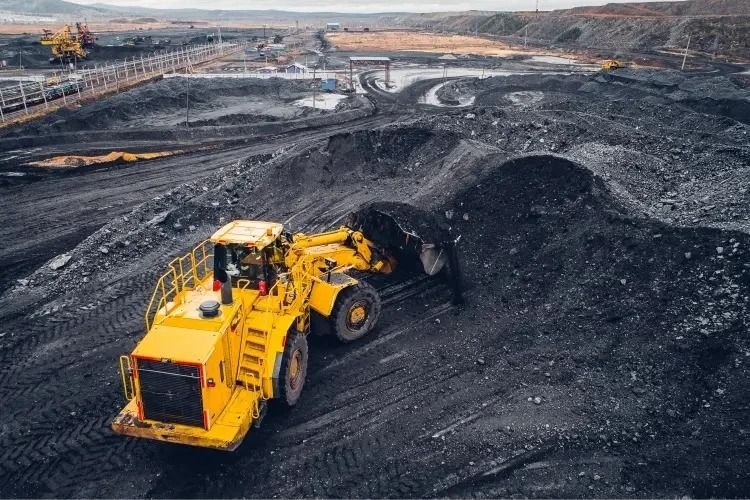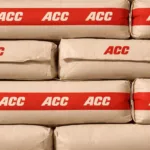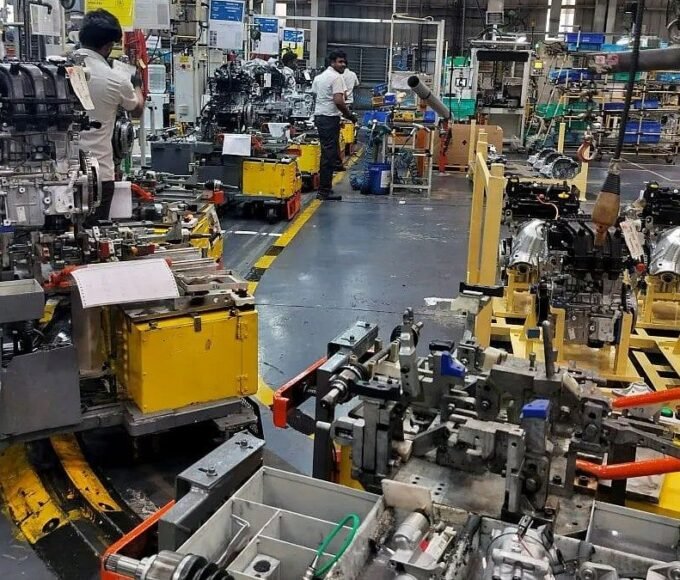Recent Posts
India’s Coking Coal Imports to Reach 135 Million Tonnes by 2030 as Steel Demand Surges

India’s coking coal imports are expected to climb sharply in the coming years, driven by the country’s ambitious plan to expand steelmaking capacity to 300 million tonnes by 2030. According to a report by EY-Parthenon in collaboration with the Indian Steel Association (ISA), imports could rise from 87 million tonnes in FY25 to 135 million tonnes by 2030.
As the world’s second-largest steel producer, India remains heavily reliant on coking coal, which is essential for the blast furnace-basic oxygen furnace (BF-BOF) route that accounts for the majority of the country’s steel output. At present, the steel industry consumes 95% of India’s total coking coal demand, underscoring the strategic importance of securing reliable supplies.
To reduce import dependency, the government has launched the Atmanirbhar Coal Mission under Mission Coking Coal. This initiative aims to double domestic raw coal production from 66.8 million tonnes in FY24 to 140 million tonnes by FY30. Of this, 105 million tonnes is targeted from Coal India, while 35 million tonnes will come from private sector allocations. In addition, the plan seeks to expand washed coal capacity to 15 million tonnes.
Policy reforms are also expected to play a crucial role. Measures such as 100% FDI in mining, revenue-sharing auctions, and capital subsidies of up to 30% for coal washeries are designed to encourage private participation and improve beneficiation. The goal is to reduce import reliance from nearly 90% today to below 80% by 2030.
However, challenges remain. Heavy dependence on imported coal exposes the industry to global price volatility, highlighting the need for an India-specific CFR index to support risk hedging. Sustainability concerns are also rising, as the steel sector contributes nearly 12% of India’s total greenhouse gas emissions.
Experts stress that along with boosting domestic production, India must invest in cleaner technologies such as green hydrogen, scrap-based electric arc furnaces (EAF), and carbon capture to balance growth with environmental commitments. Building strategic reserves and overseas mine partnerships will be equally critical in ensuring supply security for the decades ahead.
- Atmanirbhar Coal Mission
- carbon capture steel industry India
- Coal India production target
- coking coal beneficiation
- Coking coal demand India
- EY Parthenon report steel
- global coal price volatility India
- green hydrogen steel India
- India CFR coal index
- India coking coal imports
- India greenhouse gas emissions steel
- India steel production 2030
- India steel sustainability goals
- Indian Steel Association
- Indian Steel Industry
- low carbon steelmaking India
- Mission Coking Coal
- net zero steel India 2070
- overseas coal mine equity India
- private coal mining India
- scrap-based electric arc furnace India
- steel imports vs domestic production
- steel industry raw material security
- steel sector emissions India
- washed coal capacity India
Recent Posts
India’s Industrial Output Records Strongest Growth in Over Two Years
January 29, 2026Categories
- Acquisition3
- Airport25
- AP147
- Apartments163
- Architecture1
- Bengaluru271
- Budget3
- Budget 202521
- Cement194
- Chennai499
- Construction1,110
- Construction Material Price Updates1
- Corporation5
- CREDAI69
- Editors Pick43
- Equipment57
- Events12
- Export55
- GST18
- Highways136
- Hotel26
- Housing250
- Hyderabad129
- import59
- India340
- Industrial494
- Infrastructure798
- Interiors32
- Investment124
- Iron Ore90
- Karnataka128
- Kerala71
- Labour12
- Land203
- Leasing3
- Logistics85
- Market Updates631
- Metal158
- Metro121
- Mining109
- MSME23
- News2,125
- NHAI109
- Office Space16
- Paints43
- Port10
- Power Shutdown1
- Properties194
- Puducherry13
- Railways12
- Real Estate947
- Rental3
- Results3
- Road251
- Sand43
- Short News117
- SIPCOT24
- Steel Daily503
- Stocks91
- Tamil Nadu555
- Technology131
- Telangana139
- TIDCO16
- Trade135
- Trending News1,171
- Video2
- warehouse96
Related Articles
Special Purpose Vehicle Formed to Develop Mega Shipbuilding Cluster at Thoothukudi
India’s first mega shipbuilding cluster is set to take shape at Thoothukudi...
BySamrita JosephJanuary 29, 2026India’s Industrial Output Records Strongest Growth in Over Two Years
India’s industrial production posted its fastest growth in more than two years...
BySamrita JosephJanuary 29, 2026L&T Q3 FY26 Results: Profit Dips on One-Time Provision, Revenue and Orders Stay Strong
Larsen and Toubro reported a marginal decline in Q3 FY26 net profit...
BySamrita JosephJanuary 29, 2026NHAI Seeks Bids for Rs 51.27 Crore Tunnel Underpass on Bengaluru Airport Highway
The National Highways Authority of India has invited bids worth Rs 51.27...
BySamrita JosephJanuary 29, 2026















Leave a comment